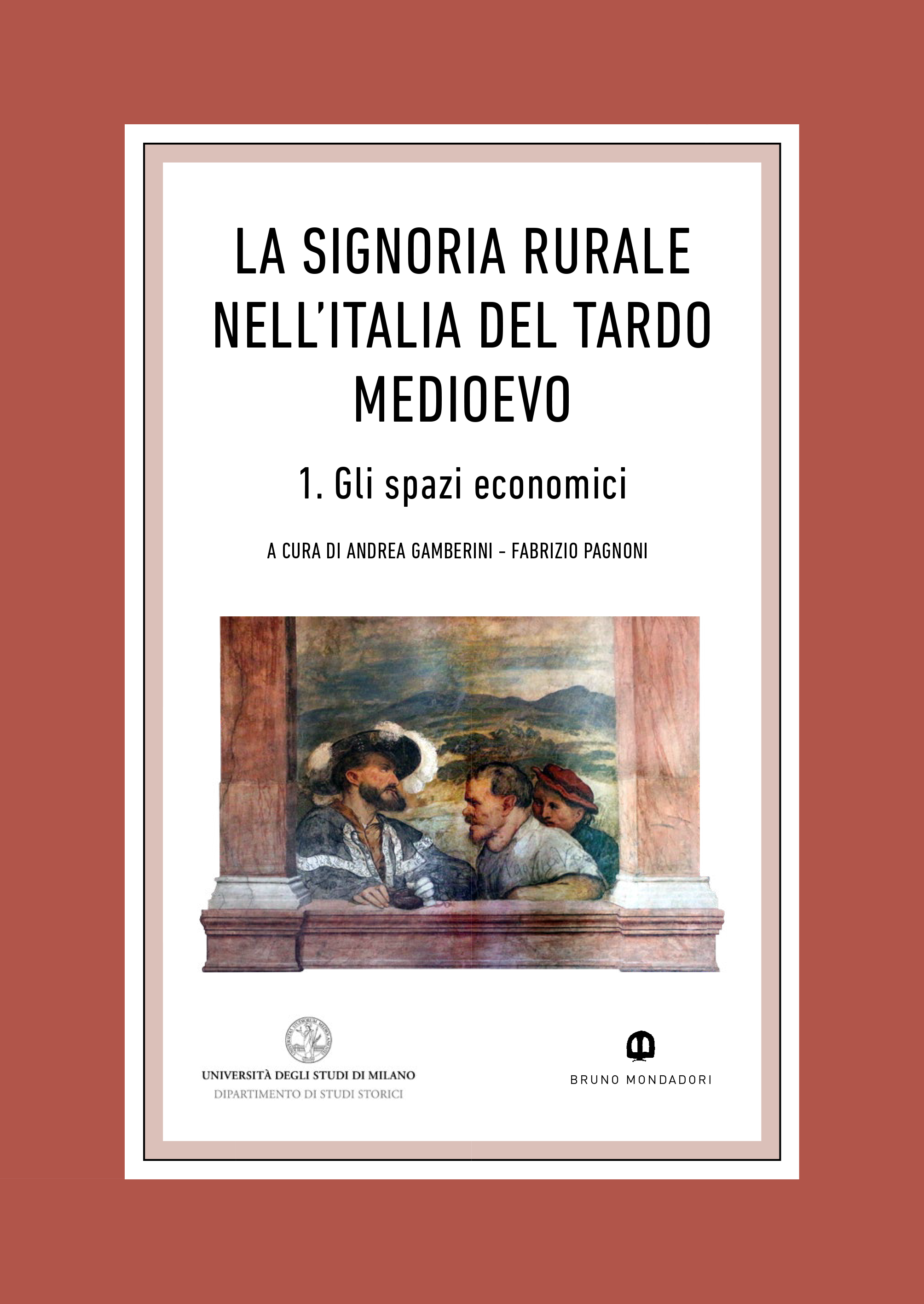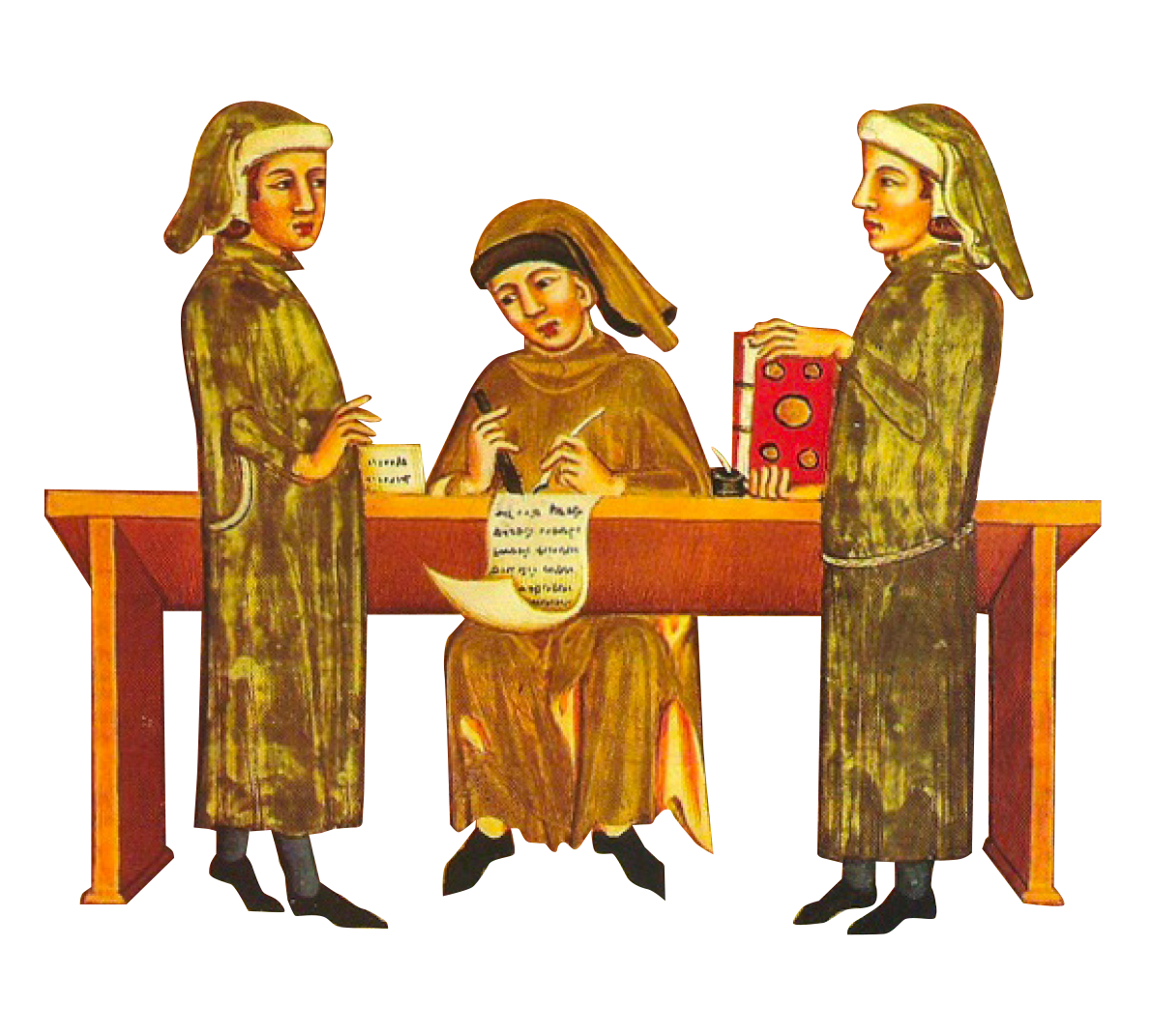From Instrument of Power to Source of Wealth: the Rural Lordship of the Dal Verme (Lombardy, 15th century)
DOI:
https://doi.org/10.54103/2611-318X/13004Keywords:
Condottieri, Dal Verme, feudalism, Sforza, lordshipAbstract
The lordships granted to the condottieri in the 15th century are often interpreted in terms of politics and of social status: they are supposedly related to the relationship between members of the elites and to the history of social promotion, more than to the history of feudalism. Such an interpretation is legitimate but should not lead us to forgetting that the lordship was also and perhaps above all a socio-economic reality. In this paper, I consider the lordship of the Dal Verme in the years 1430-1480. The surviving documentation allows a partial and indirect reconstruction of its history. It allows us to know the rights and possessions of the lords rather than the dynamics of the seigneurial levies and of the aristocratic preeminence. Ultimately, the lordship of the Dal Verme consisted of truly exercised prerogatives (fiscal and jurisdictional) strengthened by a strong land ownership, but had to seek consensus and acceptance from the local society: being homines novi, the Dal Verme had to come to terms with a cohesive society and with the competition of other lords, as well as with the capricious trend of the ducal favor, on which they largely depended.




